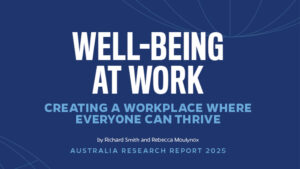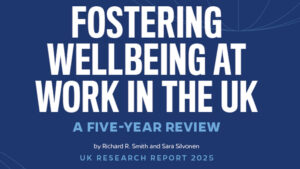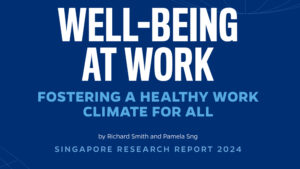The symposium “From Crisis to Transformation: Leading Culture and Operational Improvements for the Health Care Workforce of the Future” was not just a meeting of the minds – it was a call to action against these widespread challenges facing health care workers.
Physicians and nurses succumb to suicide at twice the rate of other professions, according to Dr. Lorna Breen Heroes’ Foundation, an organization founded in memory of its namesake after she died by suicide in the early days of the COVID-19 pandemic. It’s a paradox that health care workers in pursuit of their mental wellness encounter systematic barriers that may violate the law and foster an environment of stigma and fear.
The March 19 symposium “From Crisis to Transformation: Leading Culture and Operational Improvements for the Health Care Workforce of the Future” was not just a meeting of the minds – it was a call to action against these widespread challenges facing health care workers. It was organized by the Johns Hopkins Carey Business School’s Human Capital Development Lab alongside the Johns Hopkins School of Medicine and the Dr. Lorna Breen Heroes’ Foundation.
“Those taking care of us shouldn’t face consequences for taking care of themselves,” said Pennsylvania Rep. Susan Wilde, who joined the event’s lunch session to discuss the impacts.
According to the CDC’s National Institute for Occupational Safety and Health’s L. Casey Chosewood, about one in seven Americans work in health care. And many report facing professional repercussions when they seek mental health assistance. “Sometimes you’re actually required to disclose that you’re seeking treatment,” said keynote speaker and CEO of the Dr. Lorna Breen Heroes’ Foundation Corey Feist. Between state licensure, credentialing questions at hospitals, applications to be on insurance panels, and medical malpractice cases Feist said it is not uncommon for health care workers’ medical histories, which they may prefer to keep private, to come to light.



